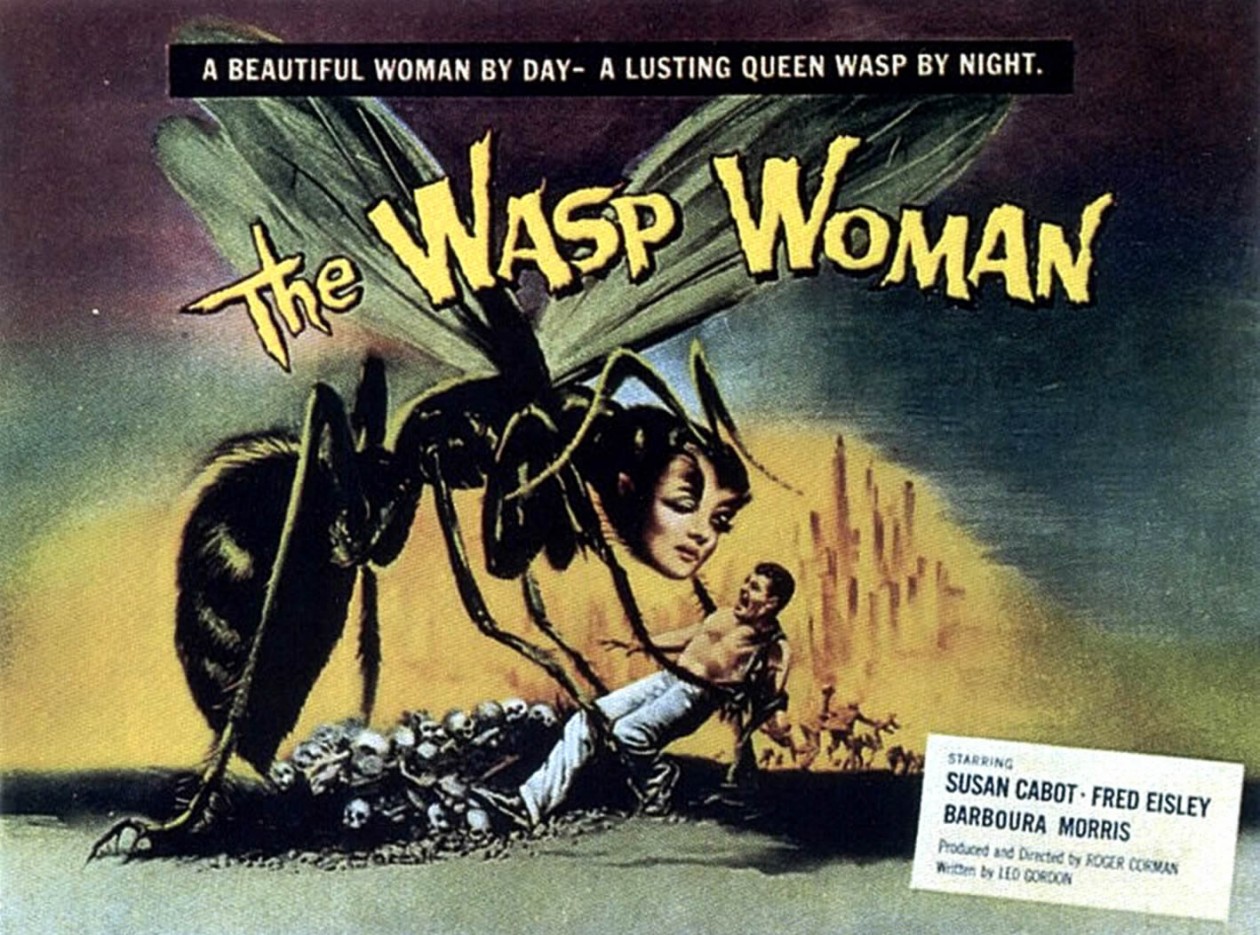Unfortunately I had to miss class today, and I was very sad about it because I had a lot to say about the critical reviews of ‘The Help’ we watched.
‘The Help’ of course takes place in a historically tragic time for African Americans. Black maids during this period suffered great brutality, and that in no way should be forgotten/underplayed. Many maids at the time suffered physical abuse, rape, and were even killed. This is historical fact. However, as Mimi pointed out in her post, what about the maids who weren’t?
Looking back on history we tend to accentuate the obvious traumas of the time, and for good reason. However, what were the lives of maids like who were in the middle ground? Who certainly weren’t experiencing the worst that racial discrimination had to offer at the time, but at the same time were not technically being treated fairly either? These maids did exist. Their stories are far from picture perfect, and yet are not catastrophic. The lives of Aibleen and Minny are lives of backhanded discrimination and degradation. Should these lesser stories not be told?
Many are offended by ‘The Help’ being ahistorical, but I am offended by those who call ‘The Help’ ahistorical. A major danger in fiction is claiming that “the part” must represent “the whole.” For example, Lena Dunham has often been criticized for her HBO television show, “Girls.” People are offended, saying that she is making a huge generalization about young, single girls in NY and is depicting this lifestyle in a certain way. I thought her answer to these critiques was flawless. She said, “No… I am not trying to represent the lives of women in New York, I am telling the stories of these four characters.” There is a major difference. These are the stories of Aibleen. Skeeter. Minny. Celia. Hilly…. not every married white woman and suffering black maid during the Civil Rights Era in Mississippi.
Quentin Tarantino is the master of the revenge-fantasy. The amount of backlash he receives from his films is arguably more then any other director has faced in history. However, has the man ever claimed that Inglourious Basterds is an accurate representation of World War II? I believe to my core that it is possible for us, as viewers, to lose ourselves in the freedoms of fiction while still remembering the historical realities of the time period these pieces take place in. Maybe Minny would have received a far more severe punishment for her shit pie, but its damn good watching her feed it to Hilly, right?
Can the realities of history and the fantasies of fiction be mixed? Is it allowed?
